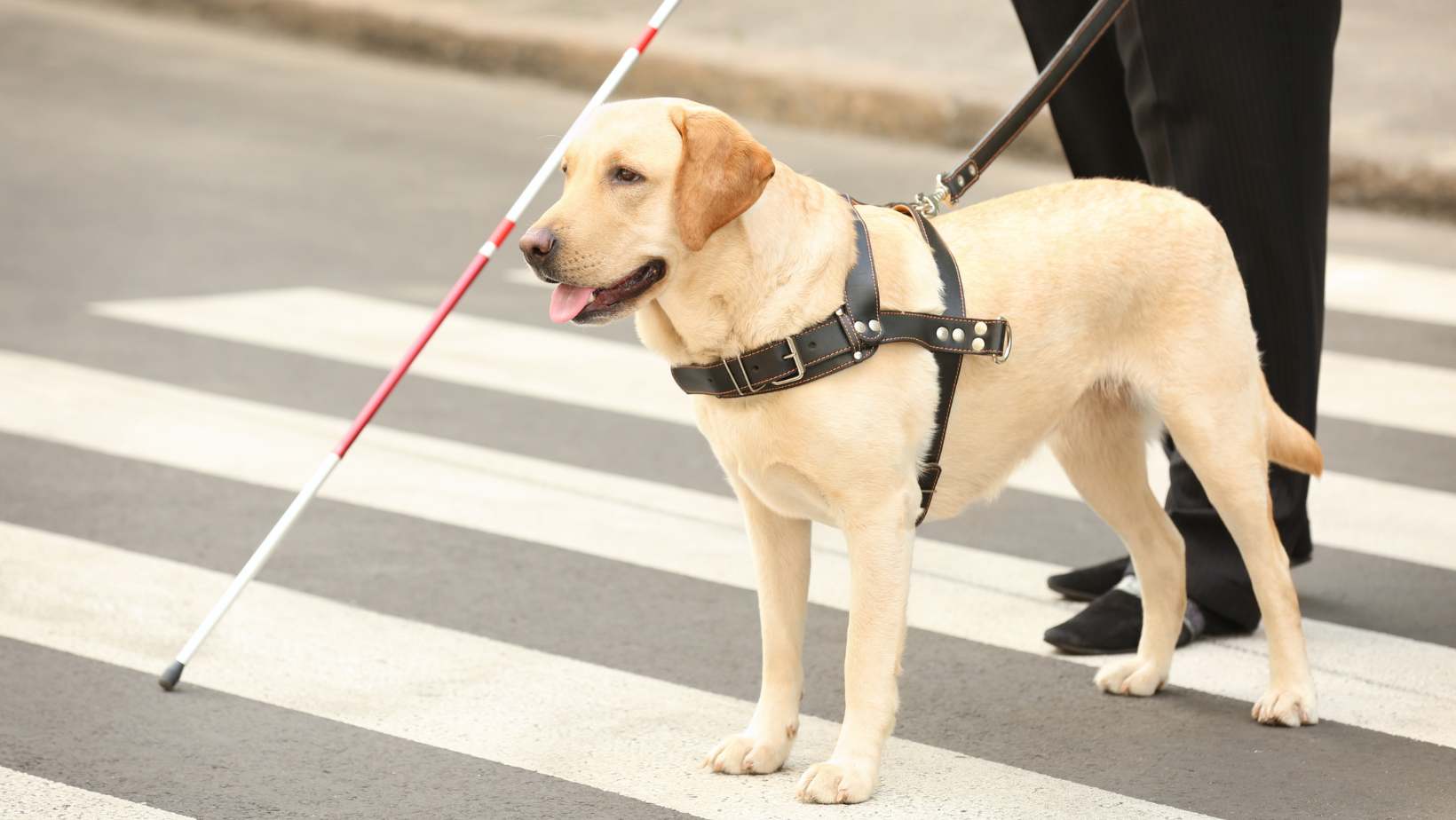Get ready to celebrate the unsung heroes of the canine world! Assistance Dog Day is set to shine a spotlight on these remarkable animals and their dedicated trainers on Sunday, August 4, 2024. This annual observance, part of International Assistance Dog Week, honors the life-changing impact these specially trained dogs have on individuals with disabilities, while also raising awareness about their crucial role in our communities.
The Evolution of Assistance Dogs
The journey of assistance dogs from loyal companions to indispensable aids is a testament to the enduring bond between humans and canines:
- 29,000 years ago: Dogs begin to be domesticated, marking the start of our intertwined history.
- 1900s: Dogs are first used in Europe to assist injured soldiers, laying the groundwork for modern assistance dogs.
- 1986: Assistance Dogs International is founded, helping to standardize training and advocacy.
- 2007: Marcie Davis, a paraplegic for over 35 years, publishes “Working Like Dogs: The Service Dog Guidebook,” further promoting understanding of assistance dogs.
Types of Assistance Dogs
Assistance dogs come in various specialties, each trained for specific tasks:
- Guide Dogs: Help those with visual impairments navigate their environment.
- Hearing Dogs: Alert individuals with hearing loss to important sounds.
- Mobility Assistance Dogs: Aid people with physical disabilities in daily tasks.
- Medical Alert Dogs: Trained to detect and respond to medical conditions like seizures or low blood sugar.
- Psychiatric Service Dogs: Assist individuals with mental health conditions.
Why Celebrate Assistance Dog Day?
This special day serves multiple important purposes:
- Recognition: It honors the tireless work of assistance dogs and their trainers.
- Education: Raises public awareness about the role and rights of assistance dogs.
- Support: Encourages donations to organizations that train and provide assistance dogs.
- Inspiration: Motivates more people to consider using or supporting assistance dogs.
- Advocacy: Promotes better understanding and accommodation for assistance dog teams in public spaces.
How to Observe Assistance Dog Day
Ready to show your support for these four-legged heroes? Here are some ways to participate:
1. Donate to Training Centers
Consider making a financial contribution to organizations that train assistance dogs. These programs are often costly, and your support can help provide more dogs to those in need.
2. Educate Yourself and Others
Learn about the different types of assistance dogs and their roles. Share this information on social media to spread awareness.
3. Volunteer
Many assistance dog organizations need volunteers for various tasks, from puppy raising to administrative support.
4. Respect Assistance Dogs in Public
If you encounter an assistance dog team, remember not to distract the dog. They’re working, even if it’s not immediately apparent.
5. Host or Attend an Event
Organize or participate in local events celebrating assistance dogs. This could be a fundraiser, an educational seminar, or a meet-and-greet with assistance dog teams.
Fascinating Assistance Dog Facts
Impress your friends with these interesting tidbits:
- Assistance dogs are not considered pets; they are working animals with specific jobs.
- The cost of training a single assistance dog can range from $15,000 to $30,000.
- While any breed can potentially become an assistance dog, retrievers are often favored due to their intelligence and temperament.
- Assistance dogs are not required by law to wear identifying vests or jackets.
- There’s no official certification required for assistance dogs in many countries, including the United States.
The Impact of Assistance Dogs
Beyond their practical assistance, these dogs provide numerous benefits:
- Independence: They enable individuals with disabilities to live more autonomous lives.
- Emotional Support: Assistance dogs often form strong bonds with their handlers, providing companionship and comfort.
- Social Interaction: They can help break down barriers and facilitate social interactions for their handlers.
- Safety: Many assistance dogs are trained to respond in emergency situations, potentially saving lives.
Conclusion
Assistance Dog Day is more than just a celebration of our canine companions; it’s a recognition of the profound impact these animals have on individual lives and society as a whole. These dogs exemplify the best qualities of the human-animal bond, offering unwavering support, independence, and companionship to those who need it most.
As we mark this day on August 4, 2024, let’s take a moment to appreciate the silent heroes walking among us on four paws. Whether by making a donation, spreading awareness, or simply showing respect to assistance dog teams you encounter, your support can help ensure that these invaluable partnerships continue to thrive and transform lives. Happy Assistance Dog Day!
